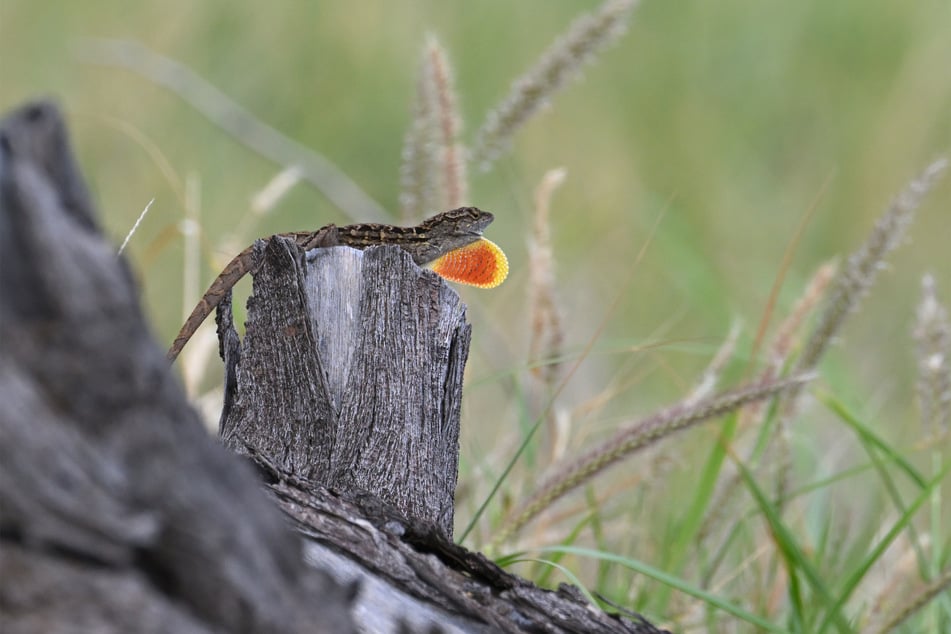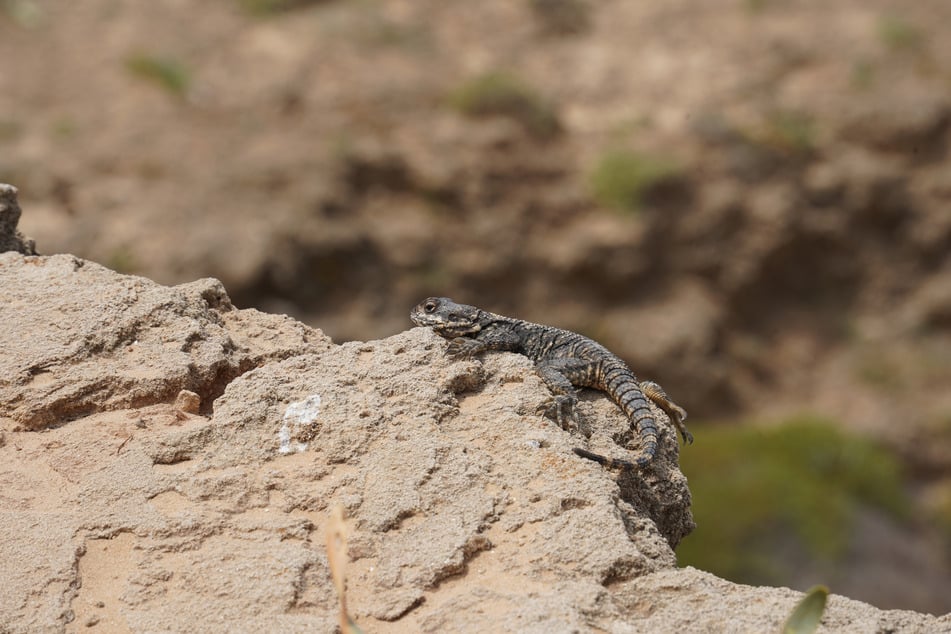Invasive lizard species in Florida may hold key to mosquito-borne viruses
Vero Beach, Florida - A team of scientists studying lizards at the University of Florida has made a discovery so significant that it could be a public health game-changer!

While the Peter's rock agama lizard and the brown anole lizard are both invasive species in Florida, their geographical positionings have, for a long time, seen very little overlap.
Yet, as the rock agama continued to spread north, consuming the smaller brown anole on its way, the density of the latter has decreased, and a new threat may be on the brink of emerging.
It turns out that the brown anole lizard has been a magnet for disease-laden mosquitoes that would have otherwise been transmitting deadly diseases like the West Nile Virus.
In a report published by the University of Florida, it has been theorized that this reduction in brown anole lizards could start to result in an increase in diseases being transmitted from mosquitoes to humans.
"Any time a mosquito bites a lizard, it doesn't bite a bird or a human," said Nathan Burkett-Cadena, an associate professor at the university and the chief investigator involved in the study.
"This could result in fewer cases of mosquito-borne disease because birds are natural hosts of some dangerous mosquito-transmitted viruses," he continued.
"It's possible that brown anole lizards have been unwittingly and unintentionally protecting us from West Nile virus and some other mosquito-transmitted diseases."
But what does this have to do with public health?

As the Peter's rock agama continues to consume the brown anoles, the risk of mosquito-borne diseases in regions of Florida once home to larger populations of the latter may increase.
It is due to these concerns that researchers looked into the potential health impacts of these invasive lizard species. In particular, Burkett-Cadena pointed out the importance of understanding the indirect consequences of invasive species.
"When nonnative or invasive species move, they have diverse impacts on the ecosystems they invade," said Lawrence Reeves, an assistant professor of entomology at the Florida Medical Entomology Laboratory (FMEL).
"These impacts extend to the transmission of mosquito-borne parasites and pathogens," he said. "As a result, the introduction of new animal species into a system can directly or indirectly change how and how much these pathogens are transmitted."
To better understand the implications of the discovery, scientists are collecting mosquitoes and analyzing the blood in their stomachs to identify which animals have been bitten.
While most of the reasons behind this phenomenon are still centered around hypotheses, researchers like Burkett-Cadena think that there could potentially be public health implications worth investigating.
"When I start thinking about all the other invasive species, plants as well as animals, how they can impact these natural communities that we have here," he said. "Maybe these natural communities are protecting us in ways that we don't even see."
Cover photo: IMAGO/Pond5 Images

